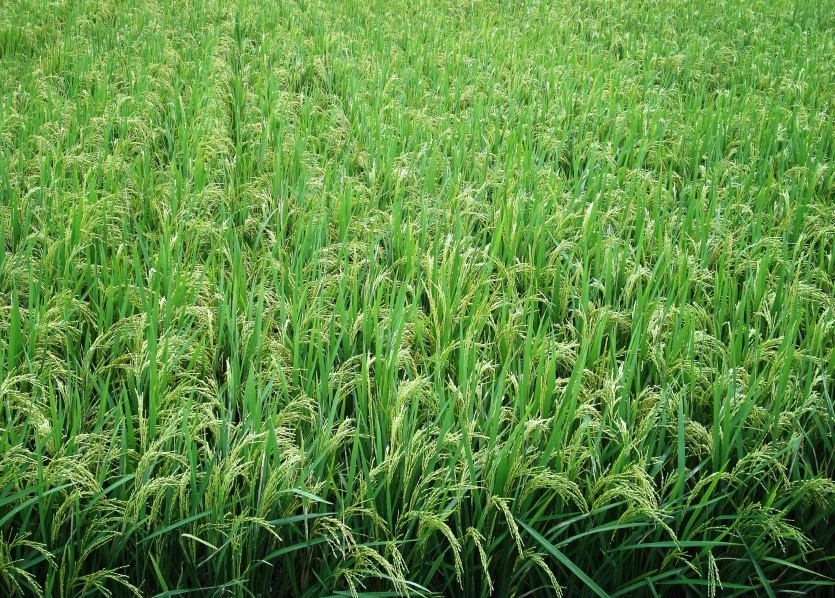
India’s Weight Problem – Malnutrition and Obesity
- News
- 1.4K
A new study has found that while malnutrition continues to be the leading risk factor for deaths in children under five and illness in persons of all ages considered together, the problem of overweight among children is also rapidly increasing across India.
The prevalence of the overweight problem in children aged from 2 to 14 has increased significantly between 2010 and 2017 in two waves. The first wave, from 2000 to 2010 covered states with the high and medium state of socio-demographic indices and the second wave, from 2011 to 2017 engulfed the entire country, covering these states as well as states with low socio-demographic indices.
The study has estimated that the prevalence of child overweight problem was 11.5 percent as of 2017. It has projected that the number may rise to 17.5 percent, which is 14.5 percent higher than the target of three percent set by the World Health Organization (WHO) and United Nations Children’s Fund (UNICEF).
The study examined trends in the burden of child and maternal malnutrition from 1990 to 2017. It found that among various malnutrition indicators, low birth weight is the largest contributor to child deaths, followed stunting, underweight and wasting.
The prevalence of low birth weight was 21.4 percent in 2017 and it decreased moderately with increasing socio-demographic index. The prevalence has come down since 1990, with a relatively higher decline between 2010 and 2017. The prevalence of child stunting and under-weight is declining but remains high at 39 percent and 36 percent in 2017. The study has also highlighted that the prevalence of anemia in India was “extremely” high at 60 percent in children and 54 percent in women in 2017.
The study was conducted by the Indian Council of Medical Research, Public Health Foundation of India and the Institute for Health Metrics and Evaluation in collaboration with the Ministry of Health and Family Welfare. It has been published in The Lancet Child and Adolescent Health.
Participating in a Programme to mark the release of the findings, Member, Niti Aayog, Prof. Vinod K. Paul, said “state governments are being encouraged to intensify efforts to combat nutrition in keeping with their individual requirements. Focus on improving the overall nutritional status of girls and women during pre-conception and pregnancy, and provision of quality ante-natal care will positively address the problem of low birth weight”.
ICMR Director-General Prof. Balram Bhargav, said ICMR’s Hyderabad-based National Institute of Nutrition and other partners are setting in place mechanisms to improve the availability of data from states to provide for better monitoring of the status of malnutrition in the country. (ISW)
If you liked this article, then please subscribe to our YouTube Channel for the latest Science & Tech news. You can also find us on Twitter & Facebook.


